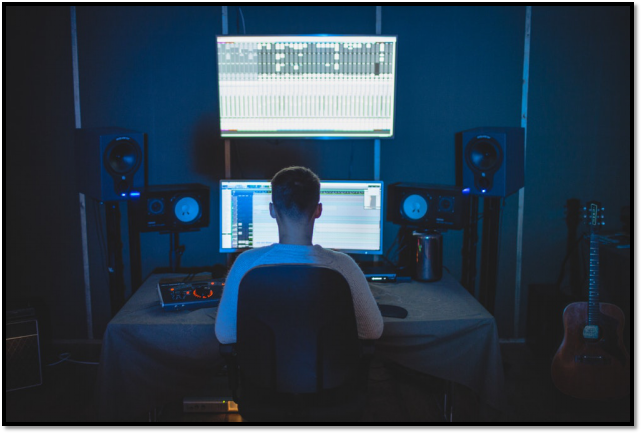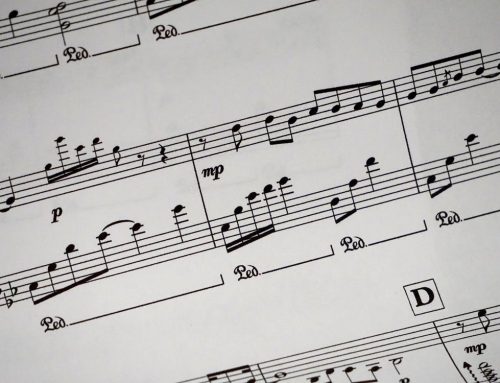Before we look at the mistakes people make while mixing, let’s talk about what the process entails first.
According to the creator of Music Jotter, a streamlined, affordable music composition software:
Audio mixing is a process through which you combine different layers of audio together to create an audio track. During the process, you make sure that all the components of the music or song synchronize well and are in harmony. You may need to balance the levels, compress, equalize, and add various effects. You may also need to edit the sound in a way that allows every instrument to have its own space. Mixing allows you to create a balanced arrangement, which can then be forwarded for mastering.
If you’re a hobbyist musician, you may already know a bit about mixing. However, despite your skill level, there might still be times when you can’t get your music to harmonize. If so, look for the following mistakes in your music so you can fix them early on in the process!
1. Not Factoring in Orchestration
Claire De Lune is well-loved in the music community, not just for its simple layers, but for the beauty of its sound as well. When writing music that relies on the coming together of different instruments and sounds, you have to choose sounds that work as is, without depending too much on mixing. In short, you want the initial music to be balanced so it doesn’t require too much mixing.
2. Mixing Reactively
Sometimes, a song just doesn’t need many effects. Why fix what isn’t broken, right? When mixing any track, you want to make sure that you’re not making it muddier; your original vision needs to shine through. And the best way to do so is to manage minor adjustments, tweaking it and reacting to it after you’ve listened to it.
3. Not Going Low with the Audio
Nowadays, most music is recorded at a volume that’s way too high. But this can lead to clipping distortion. This occurs when the signal from the amplifier to the speaker goes beyond the amplifier’s levels, making the music sound jagged and deformed. Keeping the volume low will prevent this from happening, ensuring that your listeners hear what they were intended to!
4. Too Much Reverb
Used to add depth and fullness to sound, reverb can make your music sound more professional. But too much of a good thing can be bad. Many beginners make the mistake of adding too much reverb to their music, making it sound too unfocused. When mixing your music, restrain yourself from going overboard. Less is more.

Need Some More Help?
Stay tuned to Music Jotter’s blog!
We offer a slew of advice on music and composition so you can use our online sheet music maker easily. For now though, check your music and focus on the mistakes above to improve your music further!






